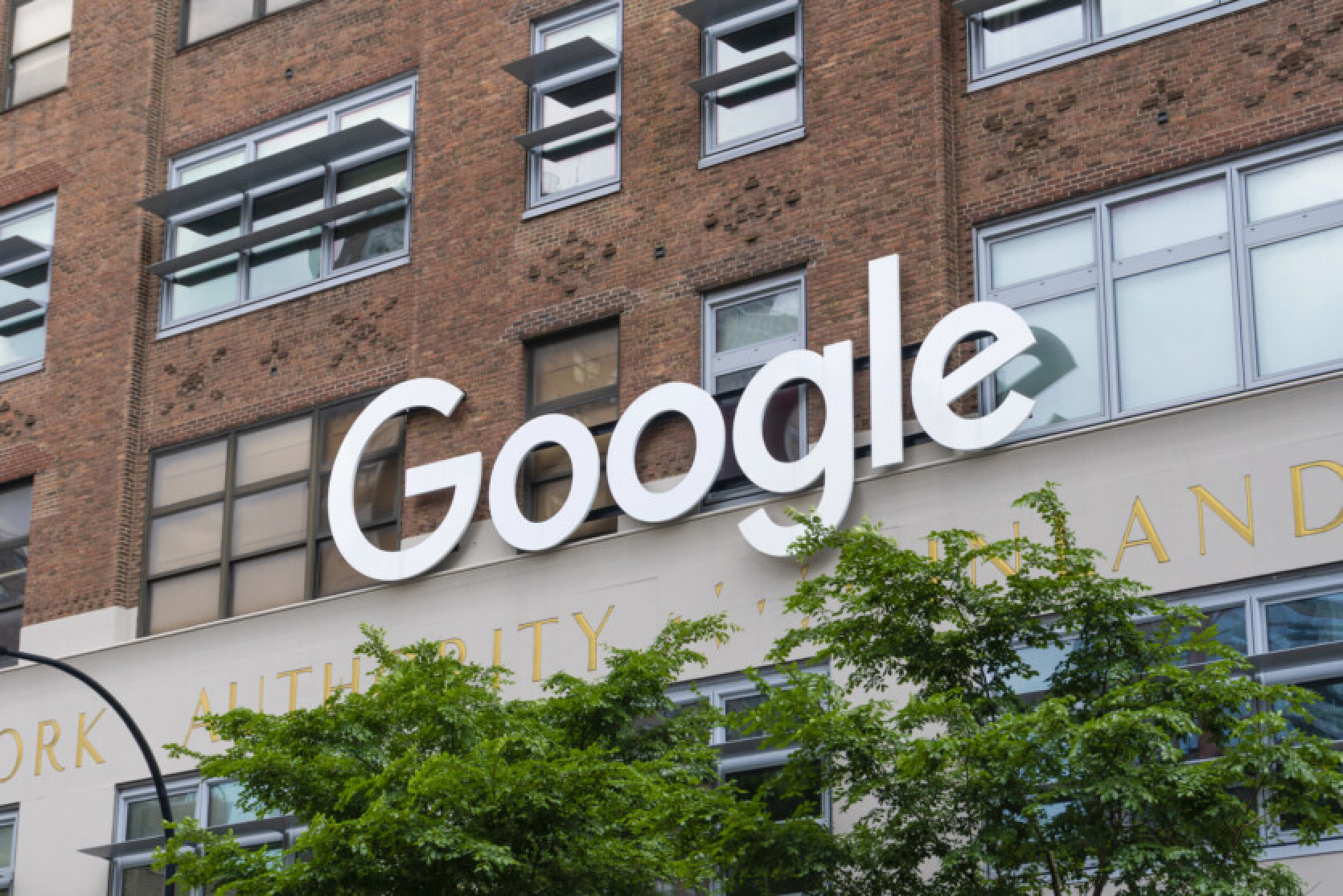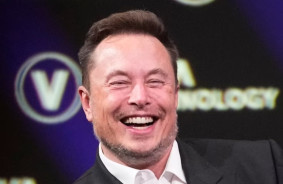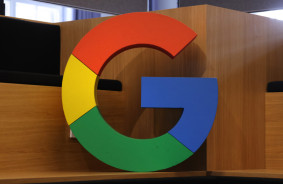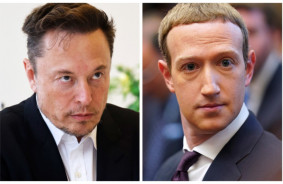Three years ago, a software engineer proposed an AI chatbot project to Google, but it was rejected, leading him to leave the company and start his own venture.
Noam Shazeer joined Google back in 2000 as one of its first hundred employees, but he departed in 2021 after the company declined to launch the chatbot he developed with his colleague Daniel De Freitas.
In the years that followed, Freitas and Shazeer founded Character.AI — now one of the most prominent AI startups in Silicon Valley, which was valued at $1 billion last year. In August, Character.AI announced that its products now boast 20 million active monthly users and disclosed a deal that would integrate the startup into Google's AI division, DeepMind.
According to The Wall Street Journal, Google paid Character.AI $2.7 billion for licensing its technology and bringing Shazeer and his team on board. The licensing agreement is particularly notable as it allows Google immediate access to Character.AI’s intellectual property without the need for approvals from regulators or other bureaucracies, as would have been the case with a full acquisition.
The publication, citing employees, reports that the integration of Character.AI was primarily viewed as an opportunity to bring Shazeer back. Former Google CEO Eric Schmidt praised the specialist, stating that he could create AI capable of operating at human-level intelligence.
"If there is anyone in the world who is likely to do it, it would be him," Schmidt said about Shazeer during a talk at Stanford University in 2015.
The bot that Shazeer initially proposed to Google was named Meena and was intended to respond textually to people's queries. The engineer believed that this product could eventually replace Google’s search engine, yet his idea did not gain support within the company.
Currently, Google presents Shazeer as one of the leaders in the development of the next version of Gemini — the company’s proprietary AI model that competes with the popular ChatGPT from OpenAI. It is worth noting that Gemini was temporarily stripped of its ability to generate images earlier this year due to inaccurate and offensive results. It will be interesting to see if Shazeer can address these issues.














Comments (0)
There are no comments for now